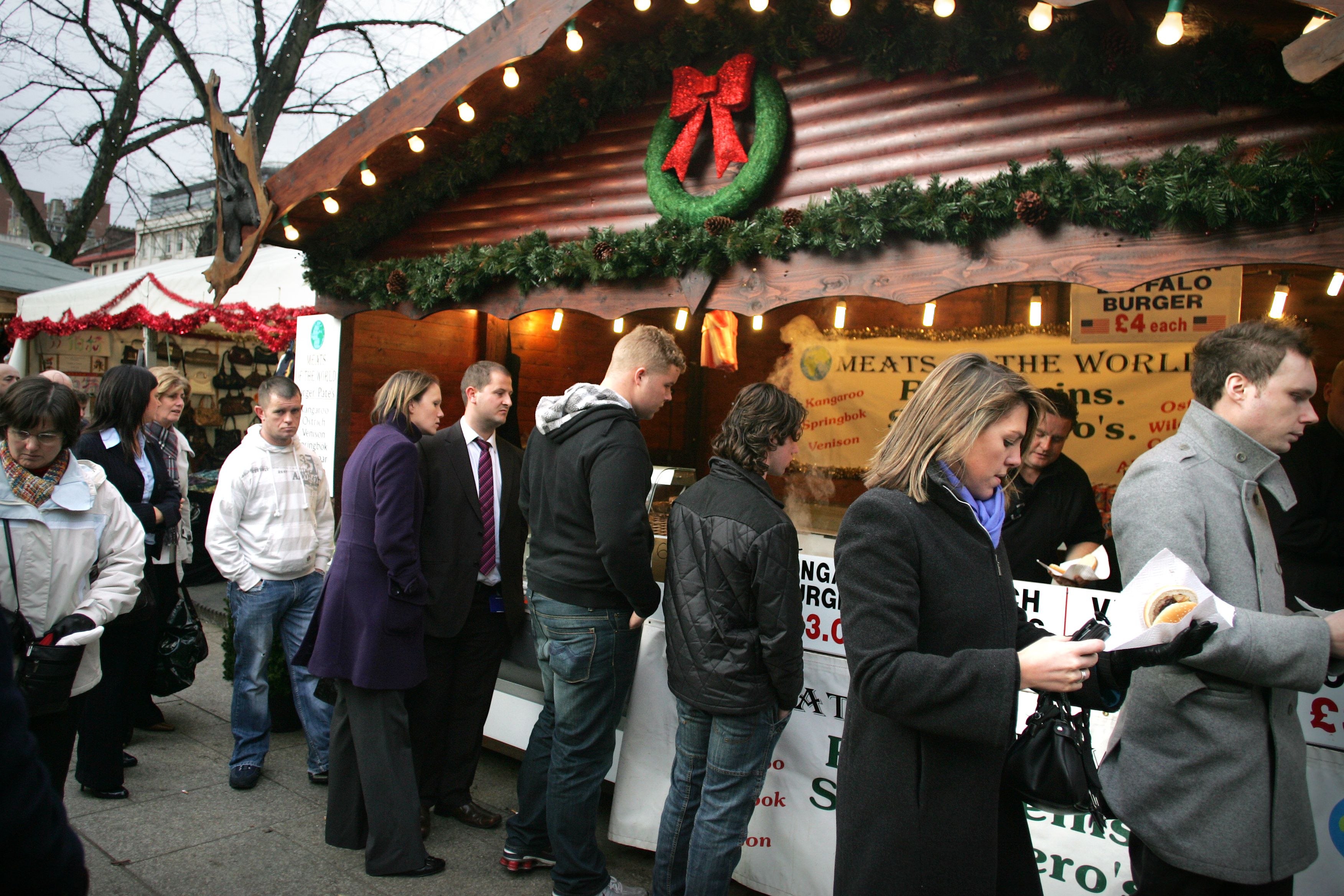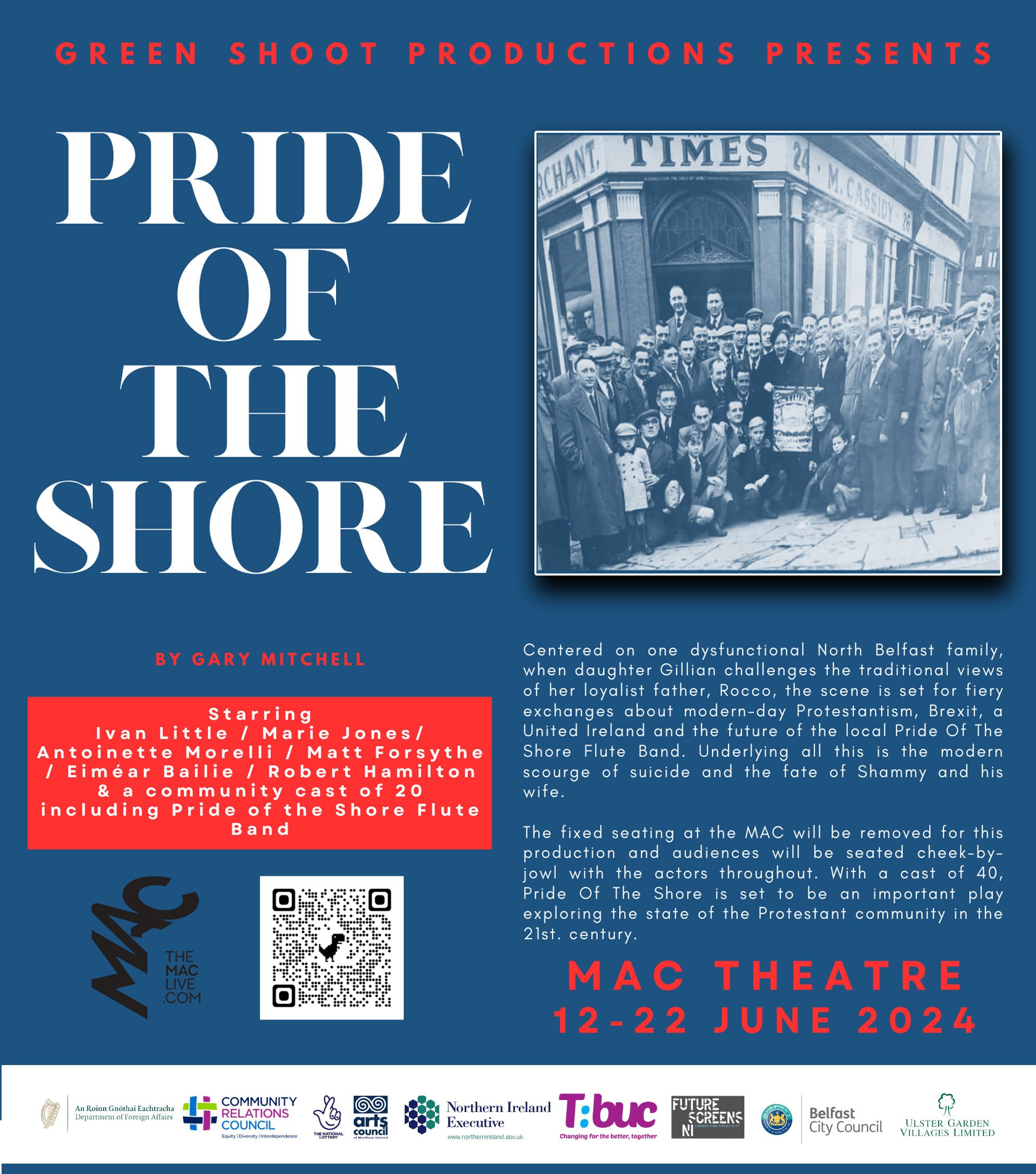IF you can keep your head
When all about you are losing theirs...
Rudyard Kipling's timeless poem 'If' resonates with profound wisdom and offers valuable guidance, particularly during this frenzied holiday season in our city, a city that experiences the festive fervour with unparalleled energy. The manic month of December, marked by bustling streets adorned with lights, our Christmas market and the contagious enthusiasm of shoppers, provides a poignant backdrop for reflecting on the virtues espoused in the poem.
Amidst the chaos of gift-buying, party planning, and the overall hustle and bustle, If serves as a poignant reminder to maintain composure and mindfulness. In the face of Christmas-induced madness, the poem encourages us to keep our heads when all around are losing theirs. It speaks to the need for resilience and a steadfast character, qualities that are especially pertinent during a time when societal pressures can push people towards excess and extravagance.
The poem's emphasis on self-discipline and the ability to stay true to one's values is a timely message during the festive season. The commercialised nature of Christmas can easily lead individuals to lose sight of the true spirit of the season and forget that it's supposed to be a time for compassion, empathy and generosity. In the midst of the mania, Kipling's words prompt us to remember the importance of maintaining our integrity and not succumbing to the materialistic allure that often accompanies the holidays.
As our streets of Belfast are adorned with glittering decorations and the air is filled with the sounds of carols and laughter, If challenges us to embrace the season with a sense of balance. The poem's call to "dream but not make dreams your master" urges us to enjoy the festivities without losing sight of reality. It prompts reflection on the importance of appreciating the joyous moments while remaining grounded in the awareness that not everyone may be experiencing the same level of merriment.
Moreover, the poem's profound message about treating triumph and disaster alike encourages a perspective shift during the Christmas season. It prompts us to look beyond the surface-level celebrations and consider those who may be facing hardship or adversity. This is particularly relevant in Belfast, a city with a rich history of resilience and above all community spirit. The manic month of Christmas becomes an opportune time to extend a helping hand to those less fortunate, whether through donating to a food bank or contributing to the myriad charities that work tirelessly to support our community.
Kipling's exhortation to "fill the unforgiving minute with sixty seconds' worth of distance run" takes on a special significance during the Christmas rush. It urges us to use our time wisely and purposefully, emphasising the importance of making a positive impact on the lives of others. In a city like ours, where the sense of community is palpable, this advice resonates strongly, encouraging us to engage in acts of kindness and generosity that go beyond the surface-level festivities.
In essence, If serves as a guiding beacon during the manic month of Christmas in Belfast, urging us to navigate the festivities with grace, mindfulness and an unwavering commitment to the well-being of the community. As the city comes alive with the spirit of the season, Kipling's timeless wisdom invites us to embrace the true essence of Christmas – a time of joy, reflection and, above all, compassion for those in need.
If you can keep your head when all about you
Are losing theirs and blaming it on you,
If you can trust yourself when all men doubt you,
But make allowance for their doubting too;
If you can wait and not be tired by waiting,
Or being lied about, don’t deal in lies,
Or being hated, don’t give way to hating,
And yet don’t look too good, nor talk too wise:
If you can dream—and not make dreams your master;
If you can think—and not make thoughts your aim;
If you can meet with Triumph and Disaster
And treat those two impostors just the same;
If you can bear to hear the truth you’ve spoken
Twisted by knaves to make a trap for fools,
Or watch the things you gave your life to, broken,
And stoop and build ’em up with worn-out tools:
If you can make one heap of all your winnings
And risk it on one turn of pitch-and-toss,
And lose, and start again at your beginnings
And never breathe a word about your loss;
If you can force your heart and nerve and sinew
To serve your turn long after they are gone,
And so hold on when there is nothing in you
Except the Will which says to them: ‘Hold on!’
If you can talk with crowds and keep your virtue,
Or walk with Kings – nor lose the common touch,
If neither foes nor loving friends can hurt you,
If all men count with you, but none too much;
If you can fill the unforgiving minute
With sixty seconds’ worth of distance run,
Yours is the Earth and everything that’s in it,
And – which is more – you’ll be a Man, my son!








